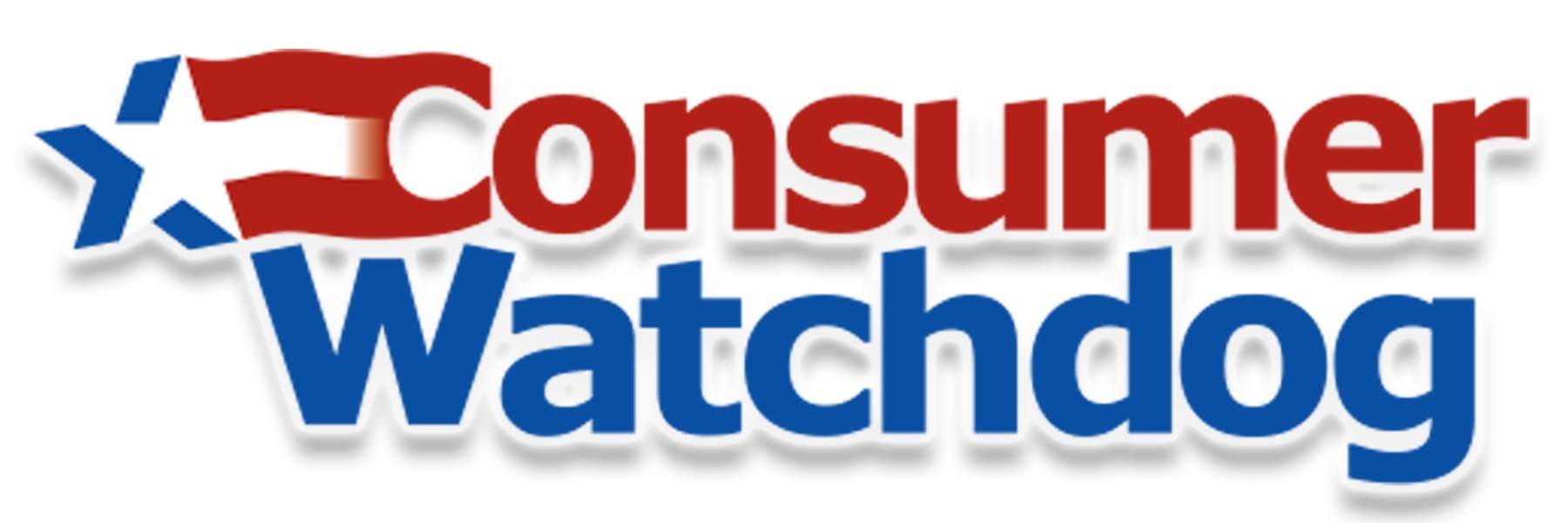More Post from the Author
- Home2 Suites by Hilton Poughkeepsie Celebrates One Year Open
- ACQUALINA SPA INTRODUCES THE REVIVING MASSAGE FOR HANDS & FEET
- LuminoCity Festival Brings the Largest Immersive U.S. Dinosaur Walk Through Lights Festival to the Mall of Georgia, May 15th to June 15th, 2025!
- Aircraft technicians at Horizon Air ratify new four-year contract
- AIFS Announces Official Partnership with Global Charity World Central Kitchen
Surveillance Pricing Bill Advances, AB 446 Stops Businesses From Setting Prices Based on Data, Says Consumer Watchdog

LOS ANGELES, May 6, 2025 /PRNewswire/ -- California's landmark bill regulating surveillance pricing, AB 446 (Ward), advanced out of the Assembly Committee on Judiciary today by a vote of 8 to 3.
"Companies are using our data against us in ways that we fully don't understand," said JustinKloczko, tech and privacy advocate at Consumer Watchdog. "We need a law preventing companies from using personal data to decide how much to charge each person."
The bill was introduced byAssemblymember Chris Ward and is co-sponsored by Consumer Watchdog and the United Food and Commercial Workers Western States Council.
In an era of mass surveillance and rapidly accelerating AI, AB 446 prohibits businesses from using personal information of a consumer to adjust the price of goods, said Consumer Watchdog. Despite California having the strongest data privacy laws in America, there is nothing stopping companies from using personal data to set prices, said the nonprofit.
"This is predatory. This is discriminatory," said Ward during today's Assembly Judiciary Committee hearing.
The bill proposes an outright ban on surveillance pricing, defining it as "offering or setting a customized price for a good or service for a specific consumer or group of consumers, based, in whole or in part, on covered information collected through electronic surveillance technology."
This include data on a "consumer's behavior, characteristics, location, or other personal attributes, whether in physical or digital environments."
The bill has been amended to clarify exemptions. Examples of when surveillance pricing doesn't happen include when:
- The difference in price is based solely on the costs of providing theservice to different consumers.
- A discounted price is offered based on publicly disclosed eligibility criteria, like signing up for a mailing list.
- A discounted price is offered to members of agroup, like teachers, veterans, senior citizens, or students.
- A discounted price is offered through a loyaltyprogram that consumers enroll in.
Bill supporters include the American Economic Liberties Project, Consumer Federation of America, EPIC, Consumer Reports,TechEquity, and Privacy Rights Clearinghouse. Those opposed to the bill include the California Chamber of Commerce, the American Advertising Federation, and the California Retailers Association.
Assemblymember Ash Kalra, the committee chair, said the proposed law is not burdensome like industry opposition makes it seem.
"We don't want surveillance technology to be used to separate people and charge them different prices," saidKalra. "I think the outcomes then really take us down a dark path."
Last year, Consumer Watchdog outlined examples of pricing algorithms in a report titled"Surveillance Price Gouging."Companies are trying to read people's minds and anticipate how bad they want a product and how much they are willing to pay for it, based on data such as scrolling habits and geolocation, said the nonprofit. Orbitz deployed a pricing algorithm assuming that Macusers were wealthier than non-Mac users, and charged them more for hotel rooms. And despite Consumer Watchdog requestingidentical rides withthe same origin and destination, and the samedistance and route traveled, one riderwas charged$5 more on Lyft than the other person using Lyft. There shouldn't be a reason for that, and it's unclear why, said the nonprofit.
The Federal Trade Commission in the final days of the Biden Administrations said surveillance pricing does happen, but the FTC appears to have now bailed on the issue under the Trump FTC, said Consumer Watchdog. California legislators now havean opportunity to address surveillance pricing, said Consumer Watchdog.
"A law regulating surveillance pricing is especially important during a time when grocery prices have increased, the data collected on us is incredibly detailed, and the unprecedented nature of corporate algorithms and AI," saidKloczko. "This idea that every person has an individual price is a bad one."
View a short Consumer Alert video on surveillance practicehere.
SOURCE Consumer Watchdog

More Post from the Author
- Home2 Suites by Hilton Poughkeepsie Celebrates One Year Open
- ACQUALINA SPA INTRODUCES THE REVIVING MASSAGE FOR HANDS & FEET
- LuminoCity Festival Brings the Largest Immersive U.S. Dinosaur Walk Through Lights Festival to the Mall of Georgia, May 15th to June 15th, 2025!
- Aircraft technicians at Horizon Air ratify new four-year contract
- AIFS Announces Official Partnership with Global Charity World Central Kitchen
